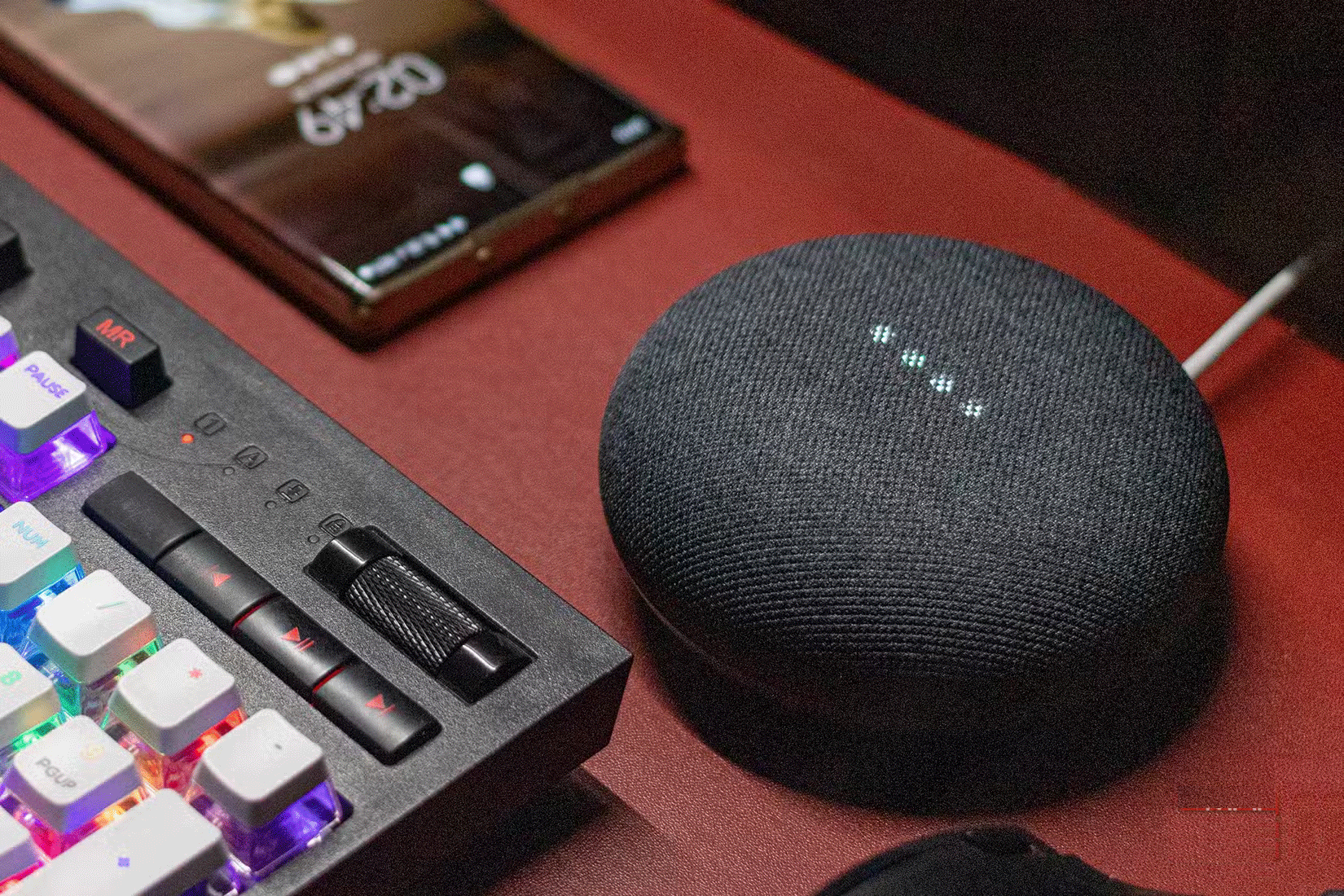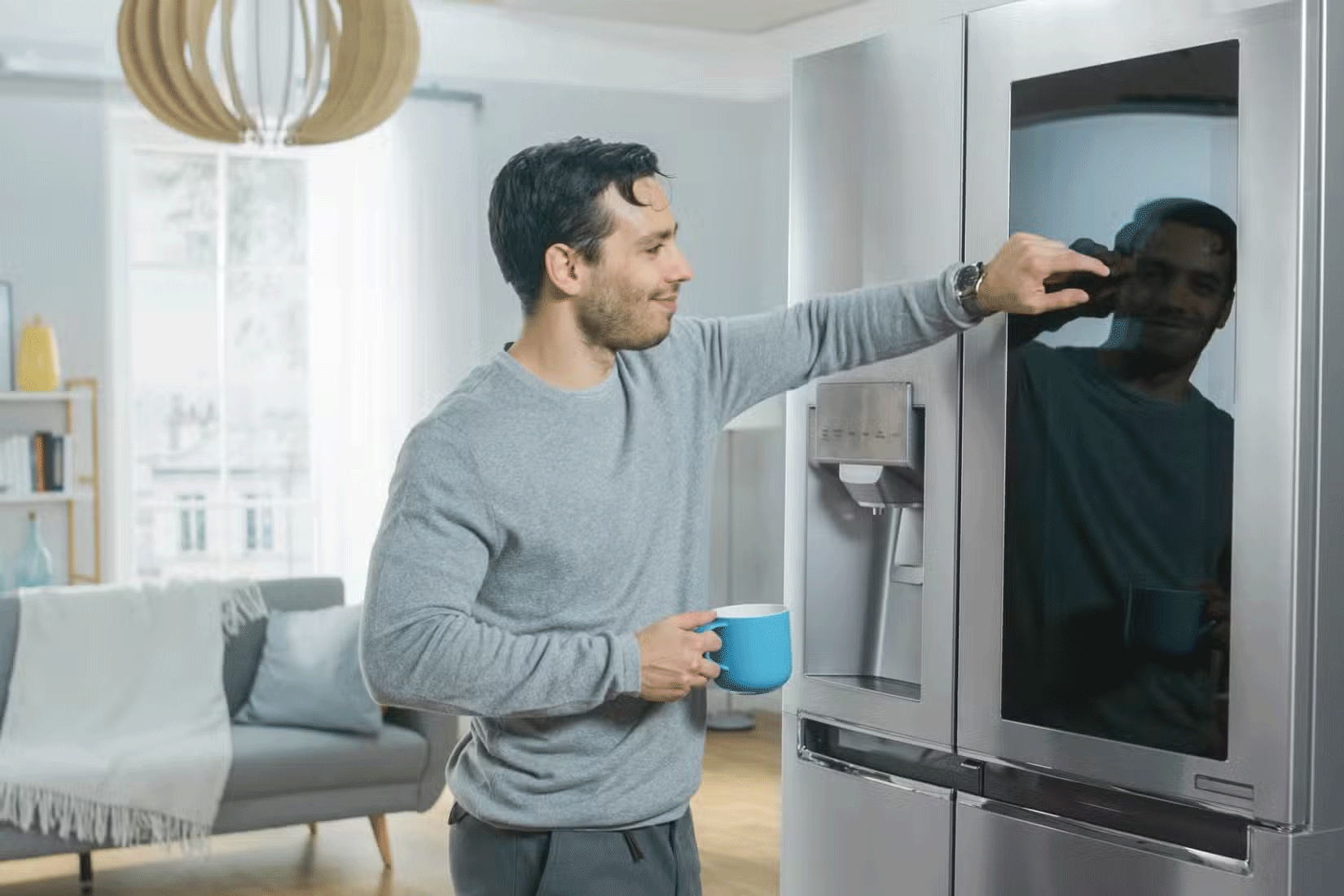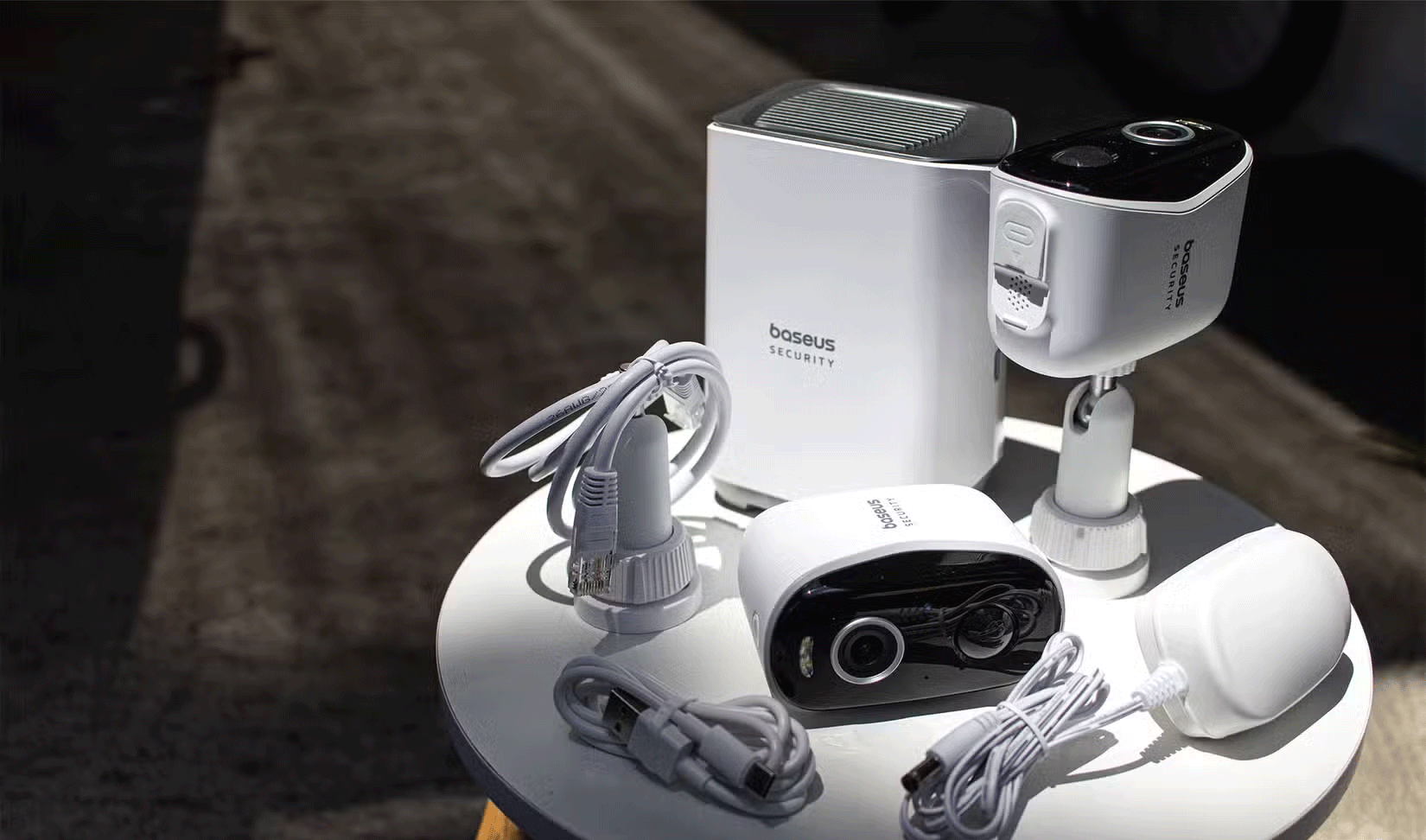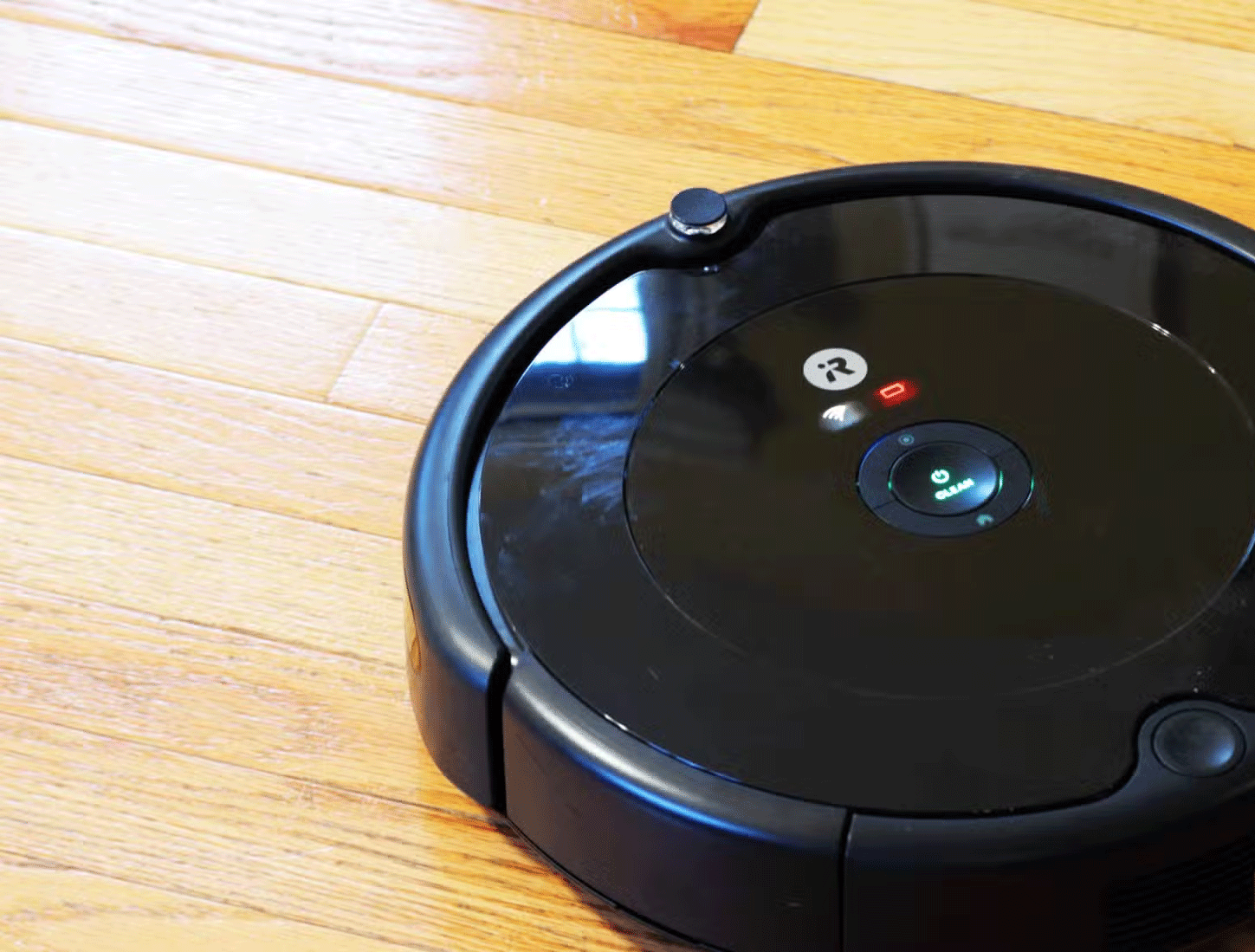Disable Wi-Fi on These 7 Devices to Boost Privacy
Smart home appliances and other wireless devices have made the home more convenient and enjoyable. However, these conveniences often come at the expense of privacy. If you're concerned about your privacy, here's a list of seven devices you can disconnect from your Wi-Fi to better protect your personal space.
1. Smart speaker

Smart speakers are actively listening even when they shouldn't be. If you have an Amazon Echo or Google Nest, you're probably familiar with wake words like 'Alexa' or 'Hey Google.' These speakers are actively listening to your surroundings to figure out those wake words, and they can track you in the process. You don't have to completely turn off Wi-Fi on these devices, but turning off the connection when it's not needed can improve your personal privacy.
2. Smart kitchen appliances
It may seem strange, but many smart kitchen appliances are often Wi-Fi enabled. Your refrigerator can track expiration dates or suggest recipes. Your oven needs an app to preheat while you're still at the grocery store. Many of these gadgets are often gimmicks that don't actually add much to the functionality of your kitchen appliance.

Try turning off Wi-Fi on these devices for a week and see which ones actually need Internet access. After some consideration, you can turn off Wi-Fi completely or partially on devices that you don't find useful to have Wi-Fi on.
3. Child monitoring device
Baby monitors have come a long way, offering high-resolution video, motion tracking, and even sleep insights. People use them with Wi-Fi for easy setup. But if you're concerned about your child's privacy, you may want to take the time to install a wired baby monitor and turn off Wi-Fi entirely. If you really need a wireless connection, there are also Wi-Fi-free baby monitors that operate on a dedicated radio frequency to transmit audio and video signals without an Internet connection.
4. Security camera
Security cameras can be a great way to keep an eye on your property, but if they're always online, they can record and send data continuously. This can leave you vulnerable to hacking or unauthorized access, especially if your passwords aren't strong. Like baby monitors, most security cameras offer the option of a wired connection.

Again, if you want better security and privacy, it's best to disable Wi-Fi on these cameras and use a wired connection instead. If your cameras use SD cards for local storage and don't need to be monitored directly, you can even skip the cable and just transfer the data directly from the SD card to your computer when an event that needs to be reviewed occurs.
5. Printer
If you print documents every day or regularly need to send print jobs from multiple devices, Wi-Fi on your printer may be necessary. But if you only print occasionally and use a single computer to send print jobs, you should disable Wi-Fi on your printer entirely and use a wired connection. Wi-Fi-connected printers are notoriously easy targets for hackers.
6. Digital photo frame

Digital photo frames have gone beyond simple slideshows. Many now offer cloud storage, allowing you to add photos directly from your phone. But that also means they're often connected to Wi-Fi, where your photos are stored online. Unless you want to change your photos frequently, you should only turn on Wi-Fi on these devices when you need to change photos.
7. Robot vacuum cleaner

Robot vacuums can map the layout of your home for efficient cleaning — and they can also be a big privacy risk. Companies often use the data collected in their robot vacuums to further improve their products, but they can also share that data with third-party partners. Data breaches can also occur, allowing anyone to view your data. Furthermore, skilled hackers with access to your Wi-Fi can also steal this data and learn the layout of your home.
If you want to improve your privacy, you may want to disable Wi-Fi on these vacuums and use the remote control instead. You may lose some smart features, but it will save you from worrying about data sharing and leaks.
These steps may seem small, but they make a big difference to your digital privacy. You don't have to completely turn off Wi-Fi on your smart devices, but at least monitor and disconnect where necessary!
You should read it
- How to tighten privacy on Chromebooks
- What is DuckDuckGo Privacy Essentials? Should I install it?
- 5 extensions to help protect your privacy while surfing the web on Firefox
- Google released an open source toolkit for companies to enhance the privacy of personal data
- How to use NEV Privacy - Hide Pictures hide photos, apps on Android
- A tool to help you control your privacy in Windows 10
 Should I buy a USB, Bluetooth or NFC security key?
Should I buy a USB, Bluetooth or NFC security key? 4 Security Steps to Follow When Using Remote Access Applications
4 Security Steps to Follow When Using Remote Access Applications How to use Microsoft Authenticator as a password manager
How to use Microsoft Authenticator as a password manager Trick to find encryption password on windows laptop
Trick to find encryption password on windows laptop What is Torrent? How to use Torrent?
What is Torrent? How to use Torrent? Quick and simple ways to lock Windows 10, 8.1, 7, 11 computer screen
Quick and simple ways to lock Windows 10, 8.1, 7, 11 computer screen